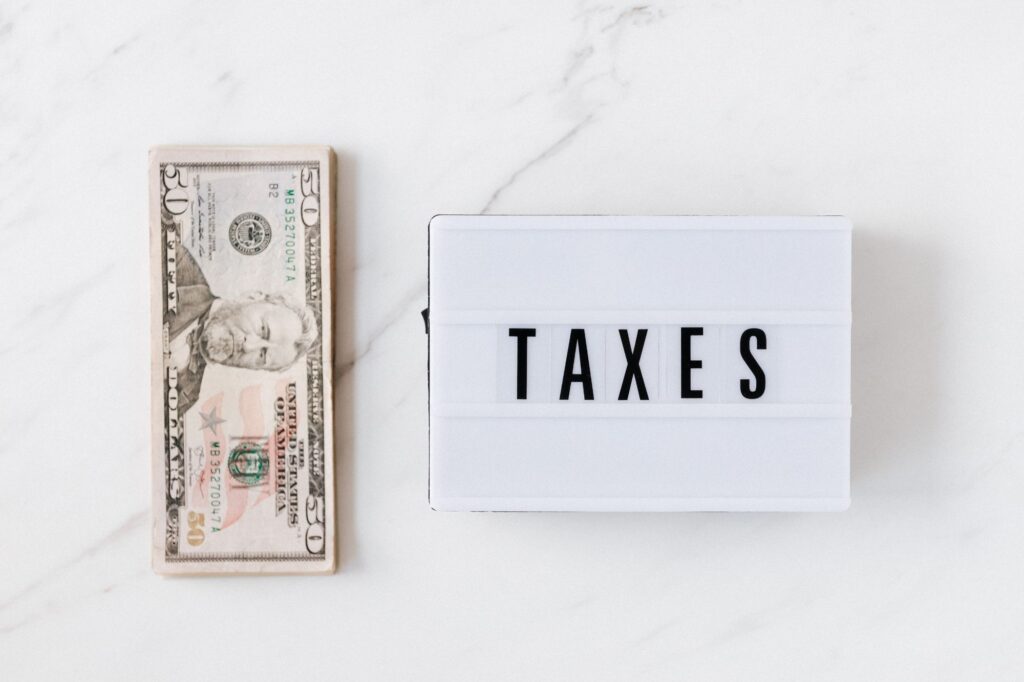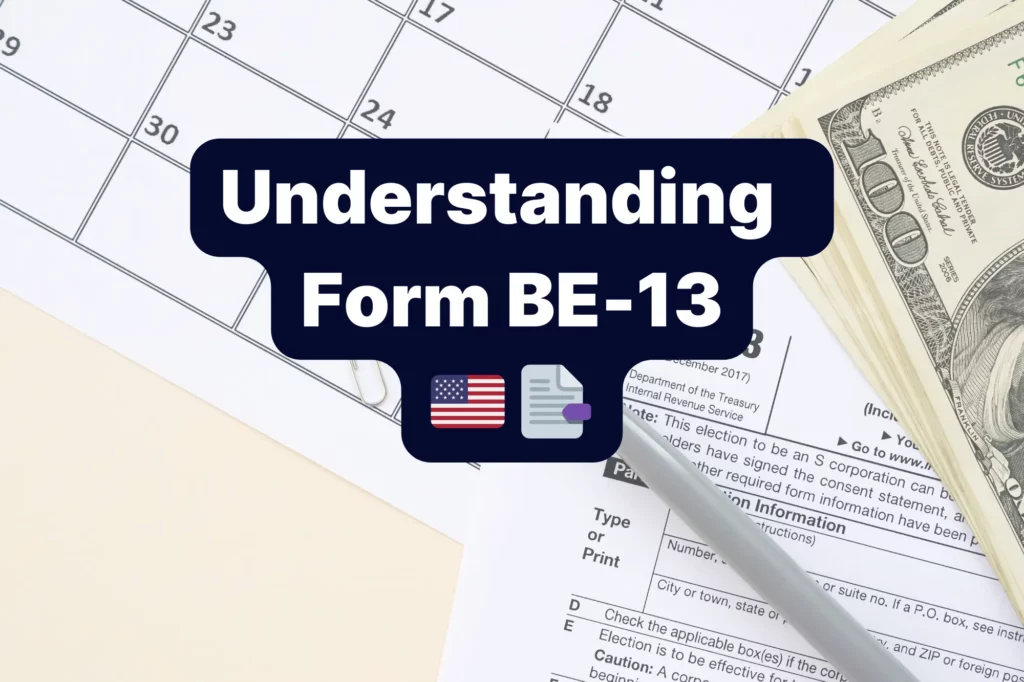For non-US residents setting up a business in the United States, understanding tax obligations can be one of the most challenging aspects of compliance. If you’re a non-resident entrepreneur or business owner and have obtained an Individual Taxpayer Identification Number (ITIN) from the IRS, you’re likely wondering whether you need to file an individual tax return using Form 1040.
The short answer is: It depends on your income sources and tax status. In this guide, we’ll break down everything ITIN holders need to know about individual tax filing, including when and why you may need to submit Form 1040.
What Is an ITIN?
The Individual Taxpayer Identification Number (ITIN) is a tax-processing number issued by the Internal Revenue Service (IRS) for individuals who are not eligible to obtain a Social Security Number (SSN). ITINs are primarily used by foreign nationals, non-resident aliens, and other individuals with US tax-reporting or filing requirements.
For example, ITINs are often issued to:
- Non-residents with US-sourced income that requires a tax return.
- Dependents or spouses of US citizens/residents who do not qualify for an SSN.
- Foreign entrepreneurs who own US businesses but don’t live in the United States.
- Individuals required to apply for an EIN or handle US tax affairs.
The ITIN does not authorize you to work in the US or provide immigration benefits. Its sole purpose is to help you fulfill your tax obligations.
Do ITIN Holders Have to File Taxes?
Whether you are required to file an Individual Tax Return (Form 1040) as an ITIN holder depends on several factors, including your US-related income and filing status. Below is a breakdown of common situations where filing a Form 1040 may or may not apply to you:
Additionally, it’s important to note that the IRS requires ITINs to be renewed if they haven’t been used on a tax return for three consecutive years.
1. You Have a US-Sourced Income
If you earn income from US-based sources — such as operating an LLC, holding shares in a US company, or receiving rental, investment, or freelance earnings in the US — the IRS typically requires you to file a tax return for those earnings.
- If you are a non-resident alien, you may need to file IRS Form 1040-NR (for non-residents) instead of the Form 1040 used by US citizens.
- US residents, green card holders, or ITIN holders treated as resident aliens through the “substantial presence” test will need to file Form 1040.
2. You’re Claiming Certain Tax Credits or Deductions
Those who qualify for tax benefits or deductions — such as Child Tax Credit (CTC), education-related tax credits, or refund claims for excess tax withholding — are also required to file a Form 1040.
For example:
- Even if you are earning little or no income, you may still claim tax credits by filing Form 1040.
- Refunds from overpayment of taxes or tax credits cannot be processed without filing.
3. No US Income = No Filing in Most Cases
If you have an ITIN but no income from the US (e.g., your business has no profits, or you’ve only invested in foreign assets), you are generally not obligated to file Form 1040. However, specific situations (like reporting foreign financial accounts on FBAR) can create filing requirements.
Which Form Should ITIN Holders Use? Form 1040 vs. 1040-NR
One common area of confusion is which tax form ITIN holders should use. The distinction lies in whether the filer is considered a resident alien or non-resident alien for tax purposes.
- Form 1040 – For resident aliens or ITIN holders treated as tax residents (through green card residency or the substantial presence test).
- Form 1040-NR – For non-resident aliens with US-sourced income but no US residency.
Make sure to carefully determine your residency status for tax purposes. Failure to choose the correct form can result in compliance issues and processing delays.
How to File Taxes with an ITIN: Step-by-Step
If you’ve determined that you need to file an individual tax return as an ITIN holder, here’s the process to follow:
Step 1: Gather Your Documents
Before you start filing, collect all relevant documents, including:
- Your ITIN.
- Forms showing your income from US-based sources (e.g., W-2, 1099).
- Business-related forms and deductions, if applicable.
Step 2: Fill Out Form 1040 or 1040-NR
Carefully fill out the applicable version of Form 1040. Be sure to report all your taxable income, deductions, and tax credits. Pay close attention to details, especially any international tax treaties that may apply to your case.
Step 3: Pay Estimated Tax, if Applicable
If you owed taxes last year, you may need to make quarterly estimated payments throughout the current tax year.
Step 4: File On Time
The annual deadline to file your individual tax return is usually April 15th. If you need more time, you can file for an extension using Form 4868. However, taxes owed must still be paid by April 15th to avoid penalties.
Key Points for ITIN Holders to Remember
- Stay Updated on Tax Laws: Tax laws for non-residents and ITIN holders are subject to change. Regularly check IRS guidelines or consult a tax professional.
- Renew Your ITIN When Needed: ITINs expire if not used for filing tax returns in three consecutive years. Ensure that your ITIN is active before filing taxes.
- Consider Treaty Benefits: If your home country has a tax treaty with the US, you might be eligible for reduced tax rates or exclusions.
How Can Clemta Help?
Filing taxes as an ITIN holder doesn’t have to be overwhelming. Clemta specializes in helping non-residents navigate complex US tax and business regulations. We provide end-to-end services, from setting up your US company to securing ITINs, tax filing assistance, and much more.
If you’re unsure whether you need to file Form 1040, or which version is right for you, let Clemta’s team of experts handle the process so you can focus on growing your business.
Final Thoughts
For ITIN holders, filing taxes with the IRS is essential for complying with US tax regulations. While not everyone with an ITIN is obligated to file a tax return, those with US-sourced income or eligibility for tax credits/deductions usually are. Taking the time to understand your tax obligations ensures you’re meeting compliance while avoiding penalties or complications.
Are you ready to simplify your tax filing or need help establishing a business in the United States? Contact Clemta today to get started!








